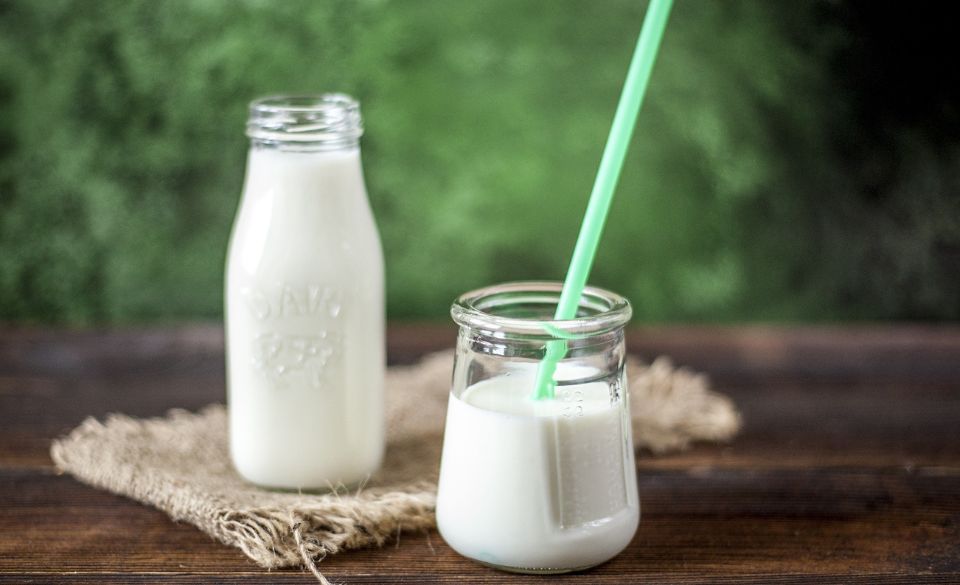
Why Runners Need Calcium: The Importance of Calcium for Runners
Page Contents
As a runner, you may already know the importance of proper nutrition and hydration to support your endurance and overall health. However, did you know that calcium is an essential nutrient that runners need in abundance? Calcium is vital for bone health, muscle function, and other physiological processes, making it crucial for runners to consume enough of it. In this article, we’ll explore why runners need calcium, how much they need, and the top calcium-rich foods to include in your diet.
Why Runners Need Calcium
Calcium is an essential nutrient for overall health, but it is particularly important for runners. Runners put a lot of stress on their bones and muscles during training, and calcium plays a crucial role in maintaining bone health and preventing injuries.
One of the main reasons runners need calcium is to support bone health. Running is a high-impact activity that puts stress on the bones, and over time, this can lead to bone loss and an increased risk of stress fractures and other injuries. Calcium is necessary for building and maintaining strong bones, and it can help prevent bone loss and reduce the risk of fractures.
Calcium also plays a role in muscle function and recovery. During exercise, the muscles use calcium to contract and relax, and calcium is necessary for proper muscle function. Calcium also helps with muscle recovery by aiding in the repair of muscle tissue and reducing inflammation.
Research has shown that runners who consume more calcium tend to have better bone health and a lower risk of injuries. A study published in the Journal of the American College of Nutrition found that female runners who consumed 1500 milligrams of calcium per day had higher bone mineral density than those who consumed less than 1000 milligrams per day.
Another study published in the Journal of Sports Sciences found that male runners who consumed a calcium-rich diet had greater bone mineral density than those who consumed less calcium. The study also found that runners who consumed more calcium had a lower risk of stress fractures.
In conclusion, runners need calcium to support bone health, muscle function, and injury prevention. By consuming calcium-rich foods and/or taking calcium supplements, runners can ensure they are getting enough of this important nutrient to support their training and recovery.
How Much Calcium Do You Need As A Runner?
As a runner, it’s important to ensure that you’re getting enough calcium in your diet to support strong bones and overall health. The amount of calcium you need as a runner will depend on several factors, including your age, sex, and training intensity.
According to the National Institutes of Health (NIH), adults aged 19-50 should aim for 1000 milligrams of calcium per day, while adults over 50 should aim for 1200 milligrams per day. However, runners and other athletes may need even more calcium to support their training and recovery.
Research has shown that athletes who engage in high-impact activities like running may require up to 50% more calcium than sedentary individuals to maintain bone health. One study published in the Journal of the American College of Nutrition found that female runners who consumed 1500 milligrams of calcium per day had higher bone mineral density than those who consumed less than 1000 milligrams per day.
Additionally, some research has suggested that runners may be at increased risk for stress fractures and other bone injuries if they don’t get enough calcium in their diet. A study published in the American Journal of Clinical Nutrition found that female runners who consumed less than 800 milligrams of calcium per day were at increased risk for stress fractures compared to those who consumed more than 1500 milligrams per day.
To ensure that you’re getting enough calcium as a runner, it’s important to include calcium-rich foods in your diet like dairy products, dark leafy greens, fortified plant milks, and tofu. Additionally, you may want to consider taking a calcium supplement if you’re not able to get enough calcium from your diet alone.
In conclusion, as a runner, it’s important to prioritize calcium in your diet to support bone health and overall health. By aiming for at least 1000-1200 milligrams of calcium per day and incorporating calcium-rich foods into your meals and snacks, you can support your training and recovery and reduce your risk of bone injuries.
Top Calcium-Rich Foods For Runners
As we’ve discussed, calcium is an essential nutrient for runners to support bone health, muscle function, and other physiological processes. While dairy products like milk, cheese, and yogurt are some of the most well-known sources of calcium, there are plenty of other options for runners who may be lactose intolerant or prefer a plant-based diet.
Dark leafy greens are an excellent source of calcium, with one cup of cooked collard greens containing around 350 milligrams of calcium. Other greens like kale and spinach are also good sources of calcium, with one cup of cooked spinach containing around 245 milligrams of calcium.
Fortified plant milks like soy, almond, and oat milk are also excellent sources of calcium, with one cup of fortified soy milk containing around 300 milligrams of calcium. Almond milk and oat milk are also great options, with one cup of fortified almond milk containing around 450 milligrams of calcium, and one cup of fortified oat milk containing around 350 milligrams of calcium.
For those who prefer plant-based proteins, tofu is an excellent source of calcium, with one half-cup of firm tofu containing around 400 milligrams of calcium. Other non-dairy sources of calcium include almonds, with one ounce containing around 75 milligrams of calcium, and canned sardines with the bones, with three ounces containing around 325 milligrams of calcium.
In addition to these foods, there are also many fortified cereals and bars that are high in calcium. However, it’s important to check the labels and choose products that are low in sugar and other additives.
As a runner, it’s essential to prioritize calcium-rich foods in your diet to support bone health and overall health. By incorporating a variety of calcium-rich foods into your meals and snacks, you can ensure that you’re getting enough of this vital nutrient to support your training and keep your body functioning at its best.


